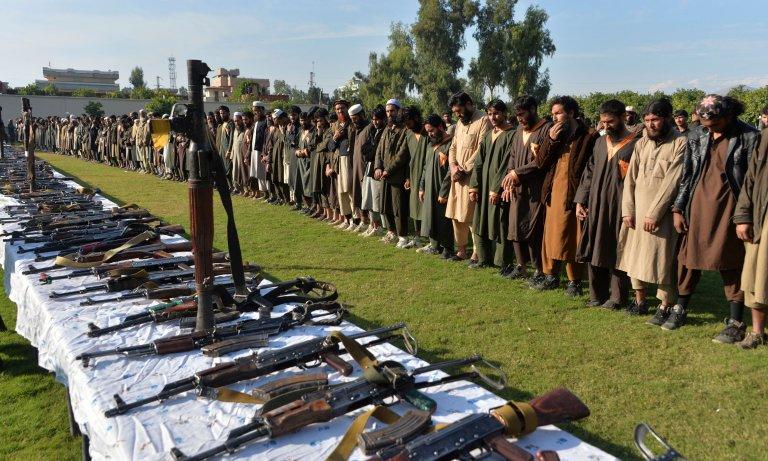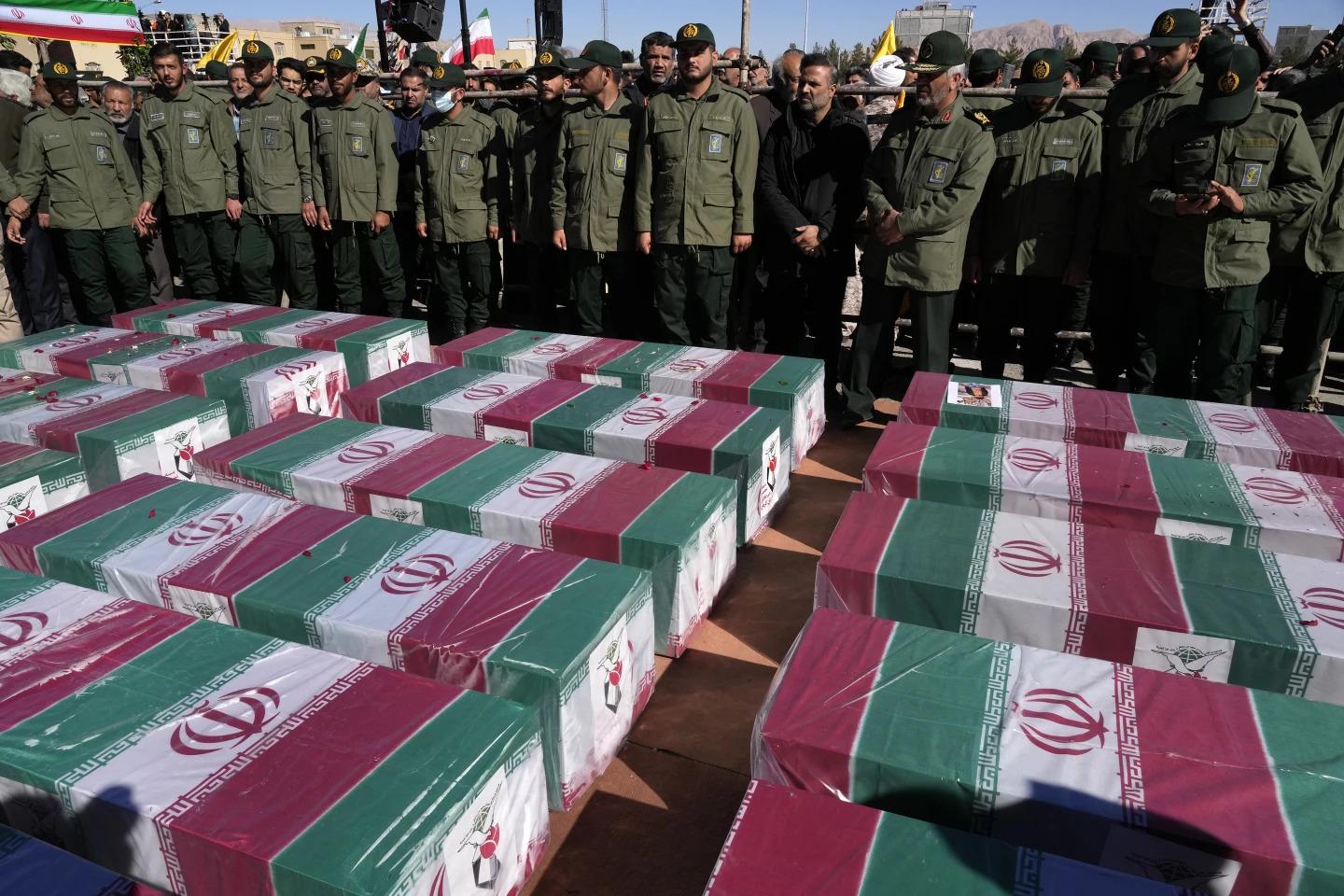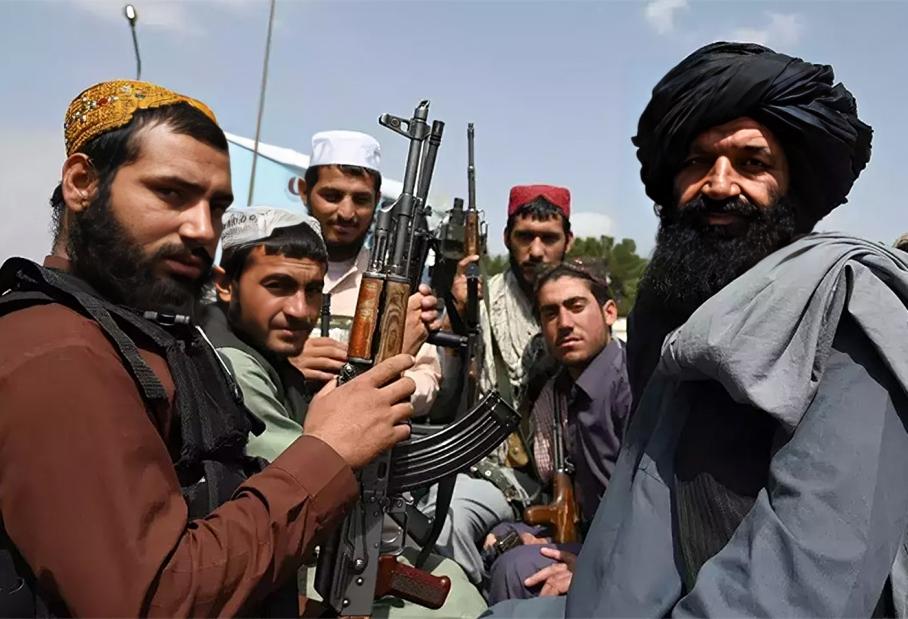Islamic State’s Khorasan Province activities signal its growing external operations Unmanageable crisis
On January 3, the Islamic State’s Khorasan Province (ISKP) carried out a double suicide bombing that killed 91 people and wounded at least 102 others during a ceremony outside the tomb of Major General Qassem Soleimani. Ironically, Iran and the US authorities, referring to intelligence reports, accused Afghanistan-based ISKP of perpetrating a violent attack.
Moreover, shortly after the attack, Tehran identified one of the attackers as a Tajikistan citizen recruited by the radical Sunni organization to carry out the attack.
The ISKP claimed responsibility for the attack through a message on a Telegram channel it uses to transmit propaganda explaining “its motives” in conducting a violent attack in Kerman. ISKP, as an affiliation of the most radical Islamist organization, Islamic State of Iraq and Levant (ISIS), gained notorious prominence for its violent actions in Afghanistan against the former government and currently ruling Taliban government.
As a province of the Islamic State, ISKP maintains contact with Islamic State leadership in Iraq and Syria but also retains a degree of freedom in the conduct of its operations. For example, unlike other Islamic State affiliates in Asia. After inheriting power, the Taliban government launched a massive campaign against ISKP and its followers, as it posed a severe challenge to internal stability.

Taliban operations followed by arrests of alleged ISKP followers and sympathizers, though they did not begin reporting arrests of ISKP members until July 2022. This gap partly stemmed from the Taliban’s desire to shore up its legitimacy by obfuscating reality and convincing the international community that the country was free of terrorist threats upon its takeover—a goal it pursued through vigorous disinformation.
The Taliban government believes that ISKP is a “foreign countries’ project aiming at discrediting and dismantling the current government, while the Western intelligence reports claim that ISKP is linked to the Taliban government and perpetrates terror attacks in close coordination with it.
As a leading radical militant organization, ISKP views Iran – the major Shi’a power as its main enemy and target that needs to be contained. In the early stage of the Taliban rule, Tehran cautiously watched the rising influence of ISKP and its violent campaign against the ethnic Shia minority in Afghanistan.
As such, in 2022, reports claimed that Iran aligned with another major radical Sunni organization – Al-Qaeda, to counter the ISKP. While this seems dubious, Iran has a long history of using one enemy against another.

Iran and al-Qaeda-like groups do not have compatible ideologies. Shia Iran and Sunni Wahhabi/Salafi organizations like al-Qaeda are implicitly at odds with one another. Supreme Leader Ayatollah Ali Khamenei once even blamed the United Kingdom, United States, Israel, and the Sunni Gulf states for supporting such groups to fight Iran and Shi'ism.
Nevertheless, Tehran’s efforts to neutralize ISKP near its vicinity did not yield substantial results. Moreover, the organization prompted the recruitment of foreign nationals, particularly Tajik citizens, to carry out deadly attacks on Iranian soil.
Consequently, some Iranian media outlets accused Tajikistan of becoming “a new hub for ISKP recruitment" and that this “poses a significant threat to the security and stability of the region and the world” as many of its citizens have been involved in attacks in Afghanistan and Iran.
In 2022, ISKP has ramped up its outreach efforts to target potential supporters in Tajik communities throughout Afghanistan and the broader region. IS and its supporters have accordingly expanded propaganda production in the Tajik language and have framed the Taliban as Pashtun-centric and hostile towards Afghanistan’s other ethnic groups.

The fact that another Tajik militant was involved in ISKP’s latest major external attack is indicative of the branch’s increasingly ambitious geographical vision and success in attracting fighters from Afghanistan’s northern neighbors. The radical group poses an existential threat to all regional governments, including the government of Tajikistan.
In the last few years, ISKP significantly extended the geography of its operations, as in 2022, it conducted rocket strikes against Tajikistan and Uzbekistan. In addition, at least fifteen other ISKP plots have been interdicted by law enforcement in India (3), Iran (4), Germany (3), the Maldives (1), Qatar (1), and Turkey (3).
The reports indicate that ISKP's successful strategy of recruiting Central Asian nationals and mobilizing them into action against its perceived enemies, both inside Afghanistan and abroad, is a real source of threat that may trigger a broader regional conflict.








